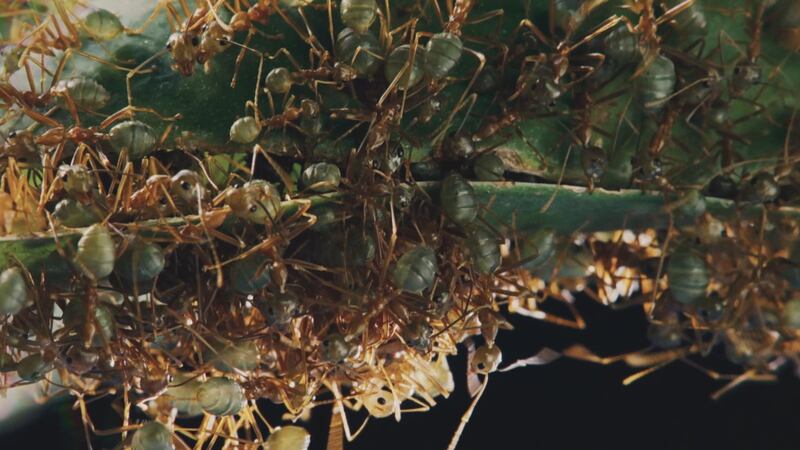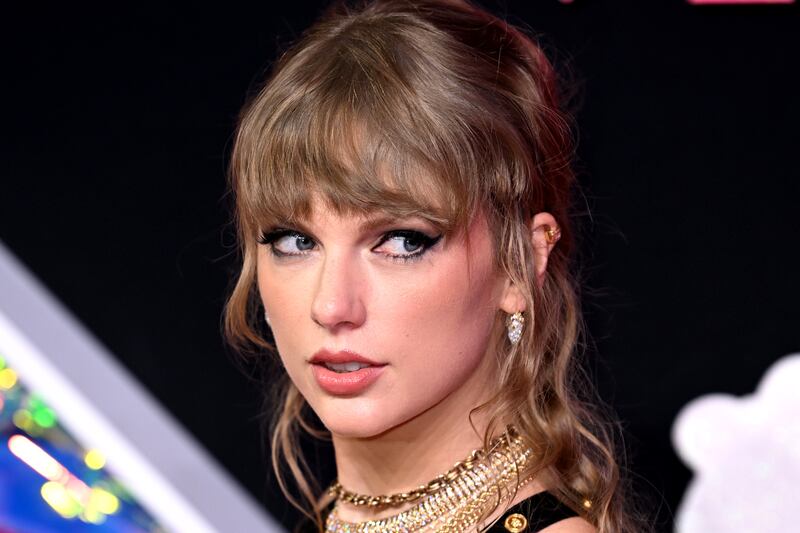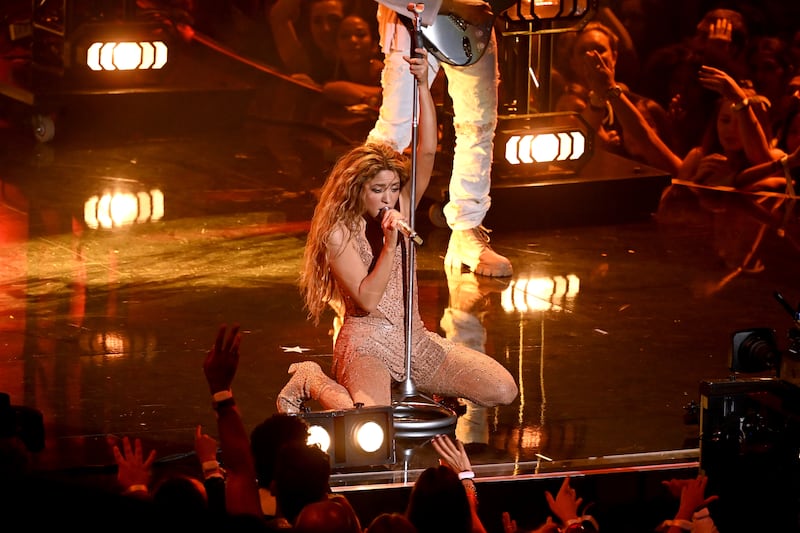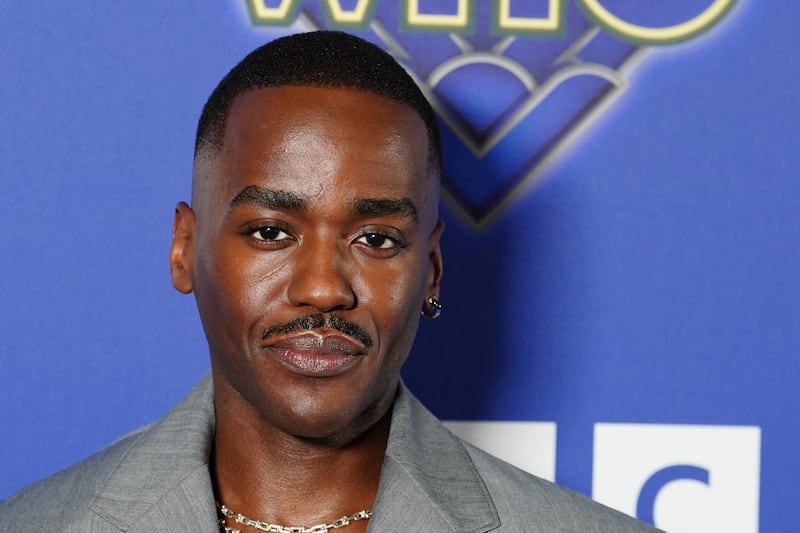There are “clear parallels” between the way humans have socially-distanced during the pandemic and the behaviour of ants, according to Chris Packham.
The insects also employ the technique to avoid disease spreading throughout their colonies, the broadcaster and environmentalist said.
As part of his Animal Einsteins programmes, Packham will explore how once ants are infected with a fungal disease they will spend less time inside the nest, while also increasing the distance between themselves and healthy ants in order to reduce transmission.
Episode four of his BBC Two series will see him join forces with University of Bristol scientist Dr Nathalie Stroeymeyt to demonstrate the ants’ behaviours.
The Winterwatch host, 59, said the insects were “making sacrifices to ensure the survival of the colony” and suggested humans had done much the same since the start of the pandemic.
He said: “What’s interesting is with ants, when an individual ant is infected with the fungus, within a couple of days it becomes ill, and something in the ant triggers at that point when it becomes ill, it recognises that it’s ill, and it’s that which motivates its change in behaviour.
“You always think of an ant as a tiny organism with a tiny brain, but it appears that they are making individual decisions to protect the whole colony which is remarkable.
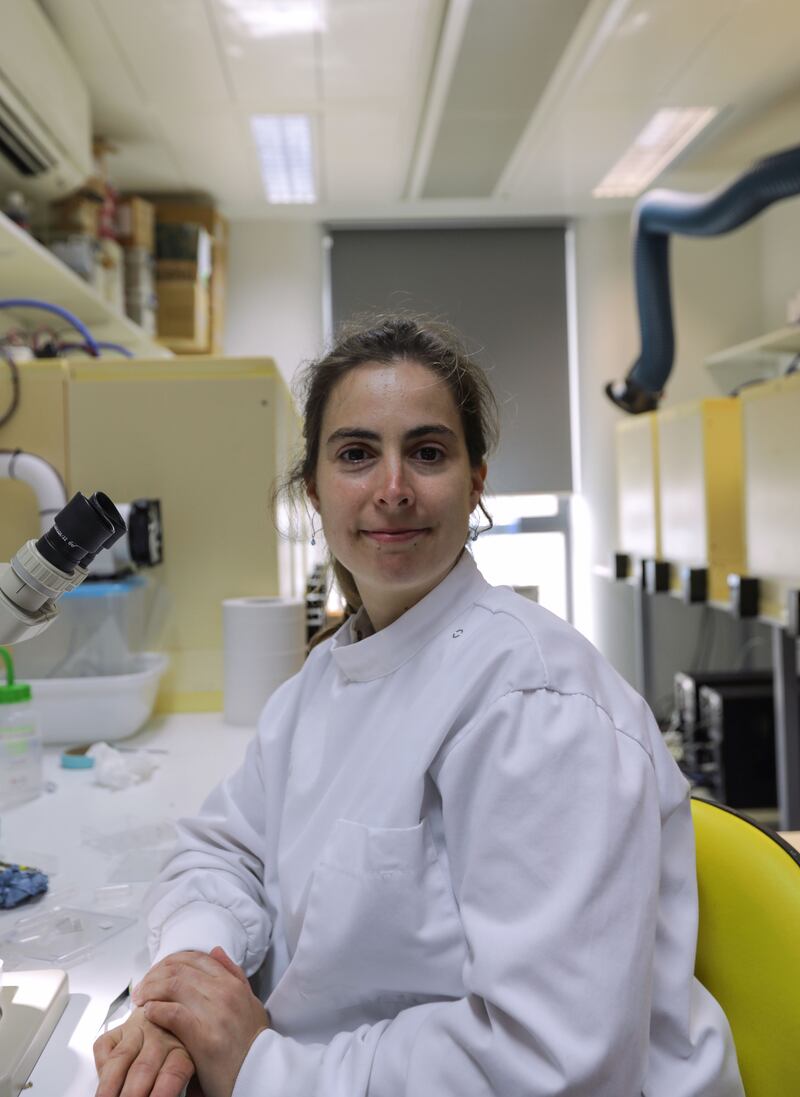
“I think in contemporary times there are real parallels here, in the sense that, they’re protecting their young ants and their future, they’re investing through changes to their own behaviour and making sacrifices to ensure the survival of the colony.
“And that’s surely what we have been doing throughout the pandemic. It’s not about us as individuals, it’s about looking after those other people around us – our communities, and protecting our families, and that’s what so many people have been doing.
“So I think there are very clear parallels between this.”
Dr Stroeymeyt said: “Ants have evolved extremely quick and effective responses to infectious pathogens, which greatly reduce the risk of epidemic spread within their colonies.

“By reorganising their social network within hours of the first contact with the pathogen, they minimise the risk that anybody will become seriously ill with the disease and minimise the routes of transmission of the disease to the queen and young workers, which are most important to the long-term success of the colony.
“Interestingly the social distancing we observed was not only between contaminated and healthy individuals, but also among healthy ants themselves – which suggests that proactive social distancing, such as what we have been doing over the past few months, may be more widespread than previously thought.”
Chris Packham’s Animal Einsteins continues on March 14 at 8pm on BBC Two.
